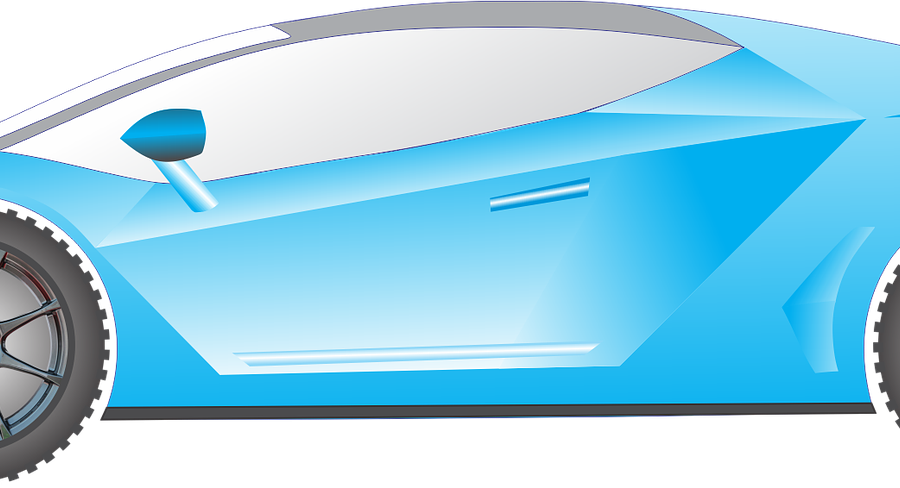If driverless cars are going to work on Australian roads, then we have to change many of our existing laws. For example, how do we define the driver? National Transport Commission (NTC) invited stakeholders to have a say on this crucial change coming to Australian roads.
The NTC discussion paper sets out all the problems that need to be solved in the legislation and how we might have to reconsider many aspects of driving.
No human driver
All laws and offences assume there is a human driver in the vehicle. Definitions of “control” or “proper control” rely on somebody being in the driver’s seat with one hand on the steering wheel.
If a vehicle has no controls for a human, then the automatic driving system (ADS) has proper control of driving. But the ADS is not a person. This means it cannot be legally responsible for its actions. If an ADS is not responsible, then who is?
The NTC proposes an ADS entity (ADSE) to be held responsible for the ADS. This works well for fully autonomous cars but is not straightforward for conditional automation, where a human may have to assume control in certain circumstances.
An ADS cannot do everything
Even if the ADS does the “dynamic driving” task, and the ADSE is responsible for the ADS operating legally, what about other obligations? For example:
- Getting licences, permits and exemptions
- Complying with traffic laws or directions of police
- Carrying out duties to other road users, such as stopping at an accident
- Obligations to public transport
- Paying tolls and parking fees.
The same is true for what the NTC calls “safety duties”, for example, when the driver checks a headlight or straps in a child. Somebody else may need to take over from the ADS to fill the “safety gap”.
No obligations currently exist for the driver who takes over the driving task from the ADS. The NTC calls this person the “fallback-ready user”, who will have new “readiness to drive” obligations. Current safety rules, such as not driving fatigued or while under the influence of alcohol or drugs, would apply to fallback-ready users.
New types of enforcement
Obviously many penalties for breaking laws are aimed at changing the behaviour of human drivers. They are unlikely to apply to an ADSE, such as the vehicle manufacturer.
Without a human driver, breaches of traffic laws will be breaches of the manufacturer’s primary duty to provide safe, lawful vehicles. Fines for corporations, for example, would need to be much higher than for individuals.
In press coverage of the discussion paper, journalists chose to focus on drink driving in automated cars. The NTC had suggested people who are drunk would avoid prosecution and get safely home in fully automated vehicles. It argued this would improve road safety, but failed to wonder if this looked like encouragement to go home drunk!
CTP insurance matters
Part of changing driving laws for driverless cars is a review of compulsory third party insurance (CTP) schemes. All states and territories are reviewing their schemes to consider how benefits would apply to occupants of an automated vehicle (or those involved in a crash with one).
Existing CTP insurance legislation of course refers to the driver and driving, both of which would be changed. New laws will include new definitions for an ADS and an ADSE and the meaning of dynamic driving. To work properly, these definitions will have to be consistent across Australia.
Have your say
The NTC called for submissions from industry and other parties interested in changing driving laws for driverless cars. It will be interesting to see the results of those submissions. What would you say?


your opinion matters: